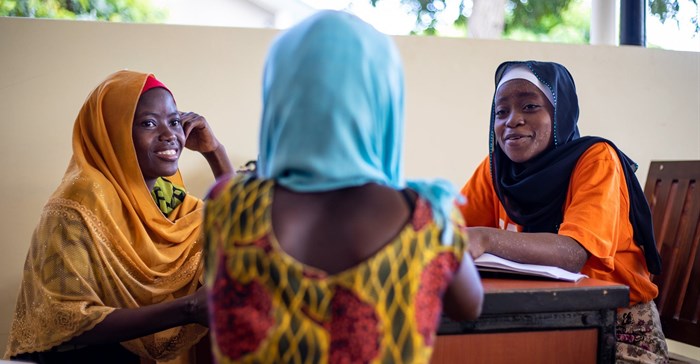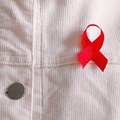Kiara Health – a 100% South African-owned and managed pharmaceutical manufacturing and medtech company – has announced the signing of a memorandum of understanding with the Population Council for a license to the dapivirine vaginal ring, a novel HIV prevention product for women.

Source: UNAids.
The Population Council, a leading research not-for-profit entity and developer of sexual and reproductive health products, acquired the ring from the International Partnership for Microbicides in 2022.
Also referred to as the PrEP Ring, this is the first registered ring-based, discreet and fully woman-controlled HIV prevention choice developed with women in mind. The innovative ring is a blend of silicone and an antiretroviral, dapivirine.
The MOU solidifies the relationship between the Johannesburg-headquartered Kiara Health and the Population Council, and firms up their joint resolve to finalise a collaboration agreement for the local manufacture and distribution of the PrEP Ring and potentially other Population Council products in the future.
The Population Council selected Kiara Health for this localisation of manufacturing and market access partnership based on the company’s proven expertise and competencies, including running a world-class manufacturing operation, demonstrated execution capability in marketing, logistics and distribution and a legacy of partnering with innovative companies with cutting-edge science to meet the public health needs of Africans.
This programme will involve transfer of technology, skills and know-how, and capacity building from the Population Council to Kiara Health. In tandem, the two partners will seek to mobilise resources, grant funding and technical assistance for the technology transfer, regulatory certification including WHO prequalification, marketing, and distribution operations.
Advancing femtech portfolio
Kiara Health is excited at the prospect of ensuring access to this discreet and woman-controlled innovation and further expanding the options for women who often do not have the tools to safely enjoy their full sexual, reproductive and overall health rights.
“The addition of the ring is further evidence of our commitment to female health, and it adds to our FemTech portfolio, which includes point-of-care HPV testing and the revolutionary single sitting screen-and-treat cervical health range of products. We look forward to commencing with the technology transfer and enabling access to the PrEP Ring for all women in South Africa and other African countries.
“We will deploy our experience and distribution network to grow Kiara Health’s women’s health portfolio and meet our purpose to provide affordable, accessible health solutions to all women who need them,” said Skhumbuzo Ngozwana, chief executive officer of Kiara Health.
“We are proud to introduce this intervention for a priority public health condition, and of the partnership with the Population Council to acquire technology for local manufacture. This is a sign of the growing interest in strengthening local manufacturing, health security, pandemic preparedness and building resilient health systems.
“The dapivirine vaginal ring is a true innovation, it is the proof-of-concept and the first to market.”
Ngozwana said that the initiative would help address Africa’s over-reliance on imports of medicines and medical-technology products.
The ring went through a decade of research prior to receiving a positive assessment from the European Medicines Agency (EMA) in 2020 and a recommendation by the World Health Organization in 2021 as an HIV prevention choice for women. Several clinical trials were conducted in southern and eastern Africa where women are at a higher risk of HIV than men.
“The PrEP Ring aims to empower women and give them a sense of confidence and ownership of their PrEP choice so they can take control of their own health,” said Jim Sailer, interim co-president from the Population Council.
“When we acquired the ring from the International Partnership for Microbicides, our vision was to ensure that women have a choice of HIV-prevention options. We are delighted to work with Kiara Health to help make this ring truly accessible to women who wish to use it.”
As of 1 December 2023, World Aids Day, the PrEP Ring has been approved and registered by the South African Health Products Regulatory Authority (Sahpra) as well as health regulators in several countries, including Botswana, Kenya, Malawi, Namibia, Rwanda, Uganda, Zambia, and Zimbabwe. Import permits have also been issued in Eswatini and Lesotho.





































